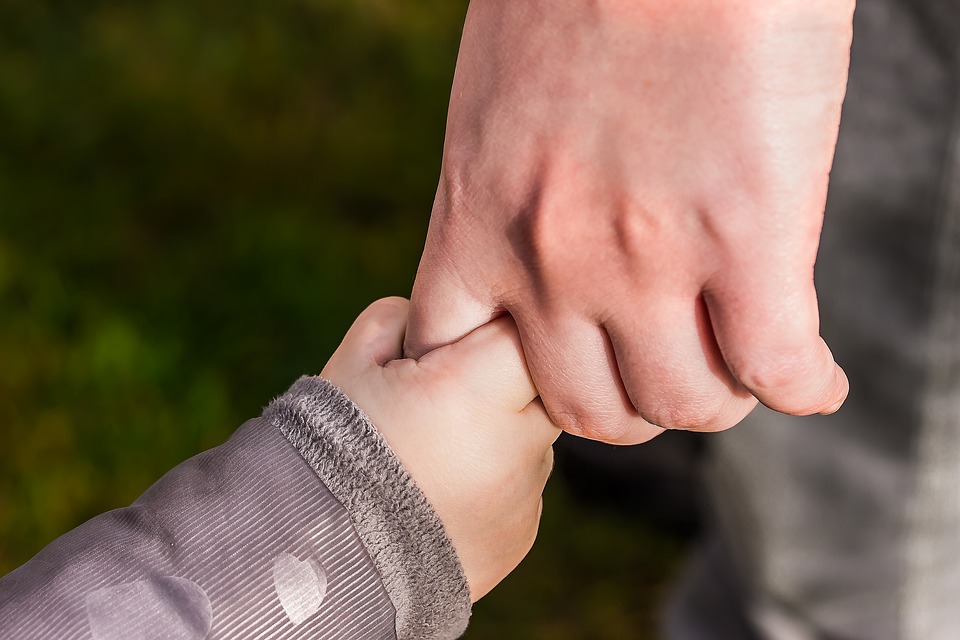Another day, another dubious smacking story
Perusing The Guardian’s website today, readers may have come across the following story:
‘Spanking children makes them more aggressive, US paediatricians’ body says’ (The Guardian, 05 November 2018).
If you didn’t bother reading it – good! It’s a puff piece, affirming the parenting penchants of Guardian journalists without considering other viewpoints, or even the real evidence.
The article focuses on a new policy statement by the American Academy of Paediatrics (AAP) which claims that children who are smacked are more likely to develop aggressive behaviour and mental health disorders in later life.
The statement was also marked by UK magazine The Week, which took the opportunity to whinge about UK countries not yet enacting smacking bans.
Unfortunately for both of these publications, the evidence affirms the opposite, that smacking doesn’t harm kids.
One of the world’s leading experts on developmental psychology, Prof Robert Larzelere, is based in the US. He disputes the claims of the AAP on ‘spanking’.
After examining the research on smacking itself, Prof Larzelere concluded that none of the major studies are methodologically sound enough to allow strong conclusions to be drawn.
In addition, he suggests that banning smacking would have a negative effect on children’s behaviour, rather than a positive one. He writes:
“Since Sweden banned smacking in 1979, the rates of alleged criminal assaults by and against children have not declined, but have skyrocketed according to their criminal assault statistics. Reported criminal assaults by minors against minors increased 672% from 93 in 1981 to 718 in 1994 and continued increasing to 2194 in 2010, over 23 times as often as in 1981.”
Professor Larzelere accuses many academics, including those at the AAP, of performing ‘advocacy’ rather than science:
“Science uses empirical data to understand something better. Advocacy selects data to promote their cause. The types of data used to support smacking bans look more like scholar-advocacy bias than objective science seeking answers wherever they may be found.”
This propensity to write views rather than news seems to be the norm for journalists when reporting on this issue.
Most of us realise that a light smack in the context of a loving home will never do lasting harm to a child. After a lifetime looking at the evidence, Robert Larzelere concluded exactly the same thing.
It’s time for the media to tell the real story.



